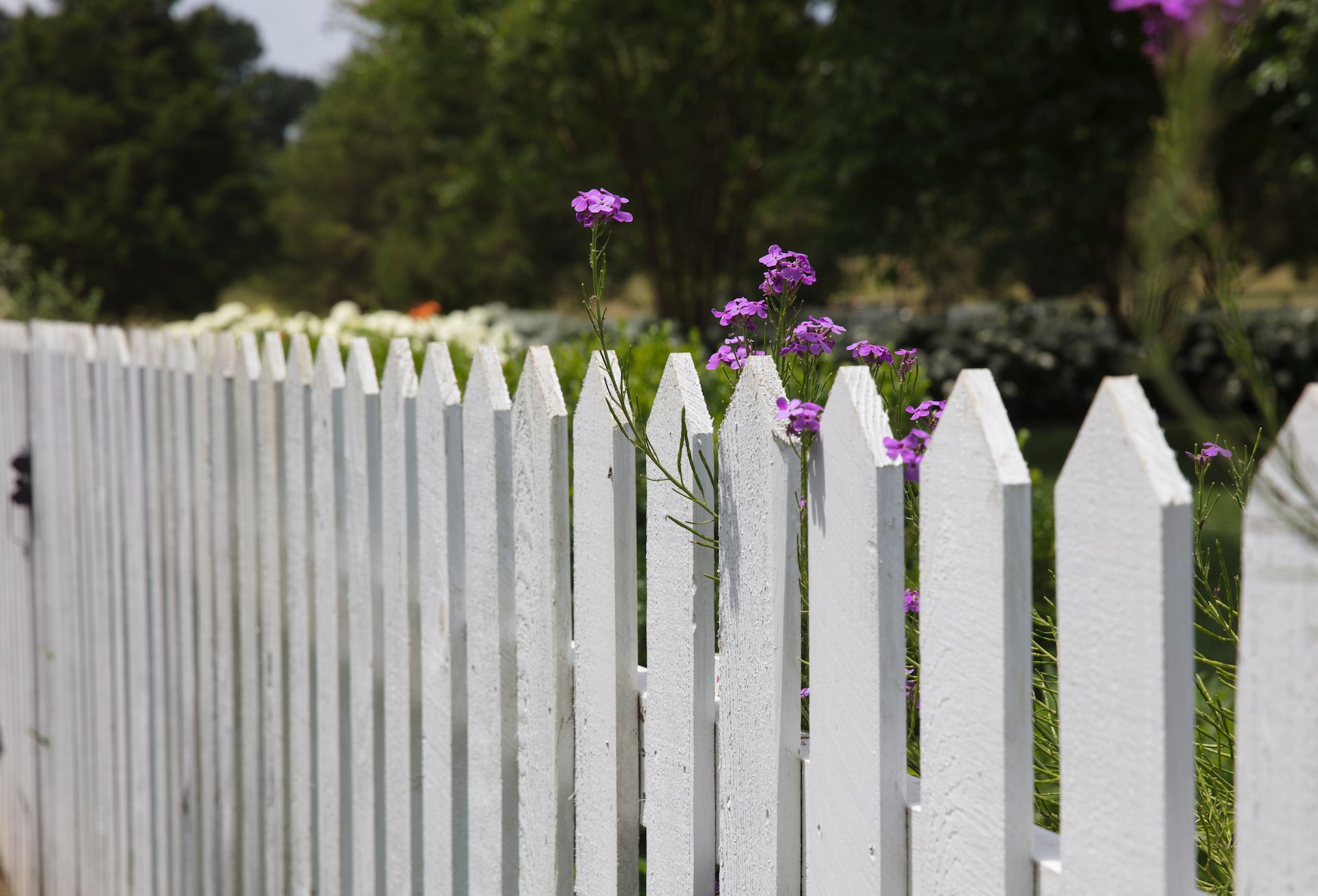By Ashley Barnes
What are boundaries?
One of the most important forms of self-care is setting boundaries. Boundaries are limits people set with the intention of creating a healthy sense of personal space; they can be emotional or physical in nature, aiding us in distinguishing our desires, preferences, and needs from one another. Like a fence, it protects our space from factors that could negatively impact our mental health.
When to set boundaries.
A good sign that we need to set a boundary could be when we start to feel agitated with that which is infringing on our well being. This may look like feeling exhausted and resentful towards someone in our lives who keeps asking for favors, feeling frustrated with our professional life if we aren’t getting adequate work-life balance, or feeling anxious regarding a romantic partner who is making us feel uncomfortable. Without setting clear boundaries, we can feel taken advantage of, taken for granted, intruded upon, and depleted; poor boundaries can lead to feelings of resentment, anger, hurt, and even burnout.
It is essential to set boundaries within our relationships, whether it be with friends, family, or a romantic partner; setting boundaries with our relationships help maintain a sense of balance, minimize conflict, and aid in the development of clear expectations. For example, if a partner were to keep texting you at work, it may agitate you as you’d be trying to complete tasks; you might then set a boundary with this person, letting them know that you will text them back on your break but need to cease texting now to focus on work. By being clear with what is and isn’t okay, you can enhance communication skills with people in a way that actually strengthens your relationship with them.
Regardless of the boundaries being set, consistency and clarity are two crucial aspects to consider when asserting them. Boundaries are meant to create a clear separation between us and something else, and though that something else may be a source of good in our lives, boundaries are meant to ensure it stays that way. We can respect ourselves by setting boundaries and can honor others by respecting their’s!
How to find balance.
Sometimes we have too loose of boundaries; if this is the case, we might find ourselves getting overly involved in others’ problems, oversharing personal information with others, engaging in people-pleasing behaviors, or finding it difficult to say “no” when we could benefit from doing so.
When we have too rigid of boundaries, we may find ourselves having few close relationships, avoiding close relationships, keeping others at a distance, or may seem detached to others. If we have stricter boundaries, it may be more difficult to engage with others, communicate our needs, and express individuality. It is important to note that stricter or looser boundaries may be influenced by culture, as in some cultures it is expected that we share less or more about ourselves, for example. We may have stricter or looser boundaries depending on the situation, but it is important that we honor ourselves and our needs with healthy boundaries.
Healthy boundaries allow for open communication between people regarding their needs and wants, while also respecting these aspects in others. Healthy boundaries may look like sharing personal information appropriately (not too much and not too little), accepting when others tell you “no,” saying “no” to others when we want to honor our needs, and understanding our needs, wants, and how to express them. Setting boundaries takes practice and may feel uncomfortable at first; boundaries can help us advocate for ourselves in a healthy way. Setting boundaries is an essential aspect of self-care.
For more support from a clinical professional, please contact us at the Mental Health Center.


